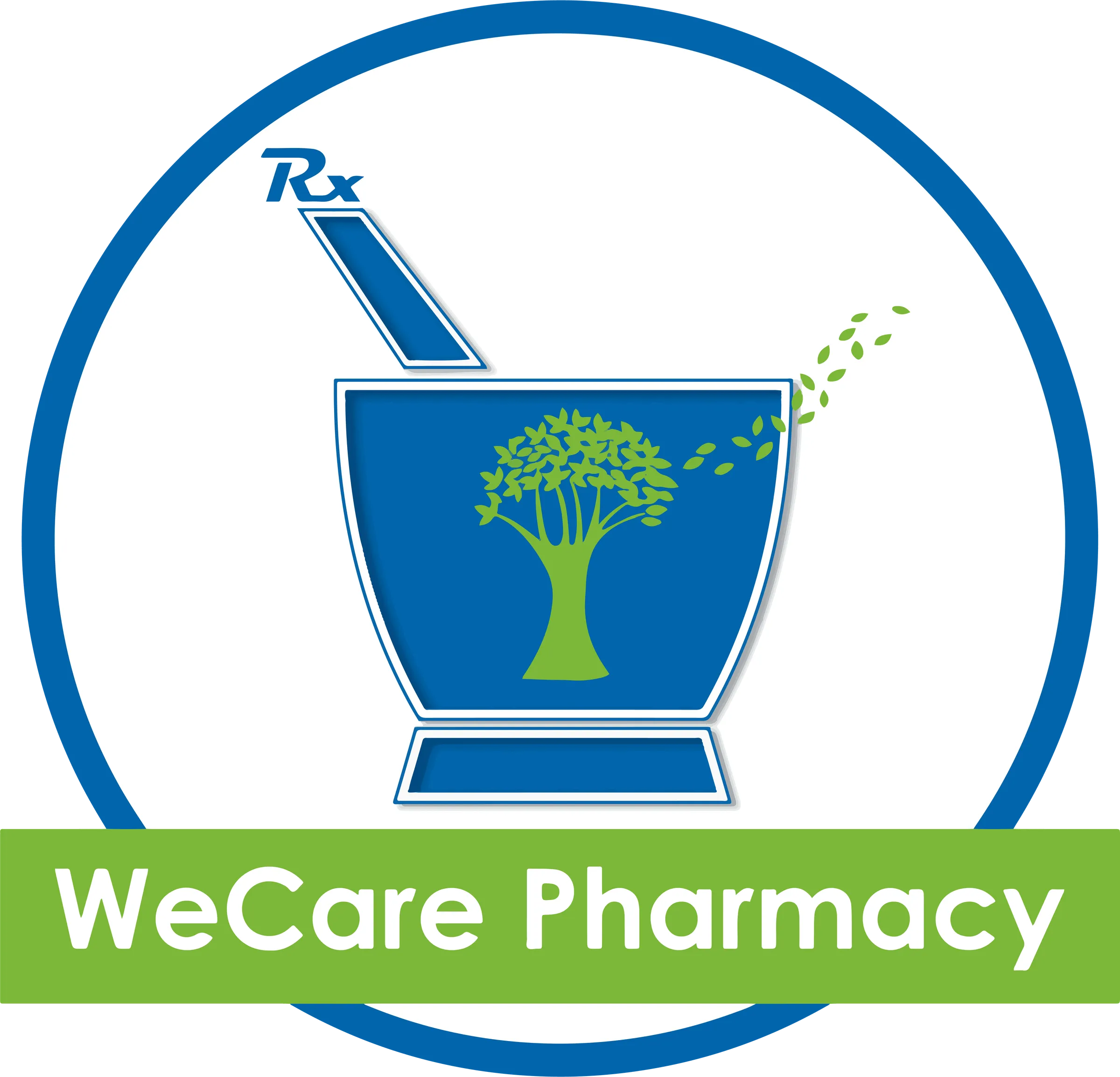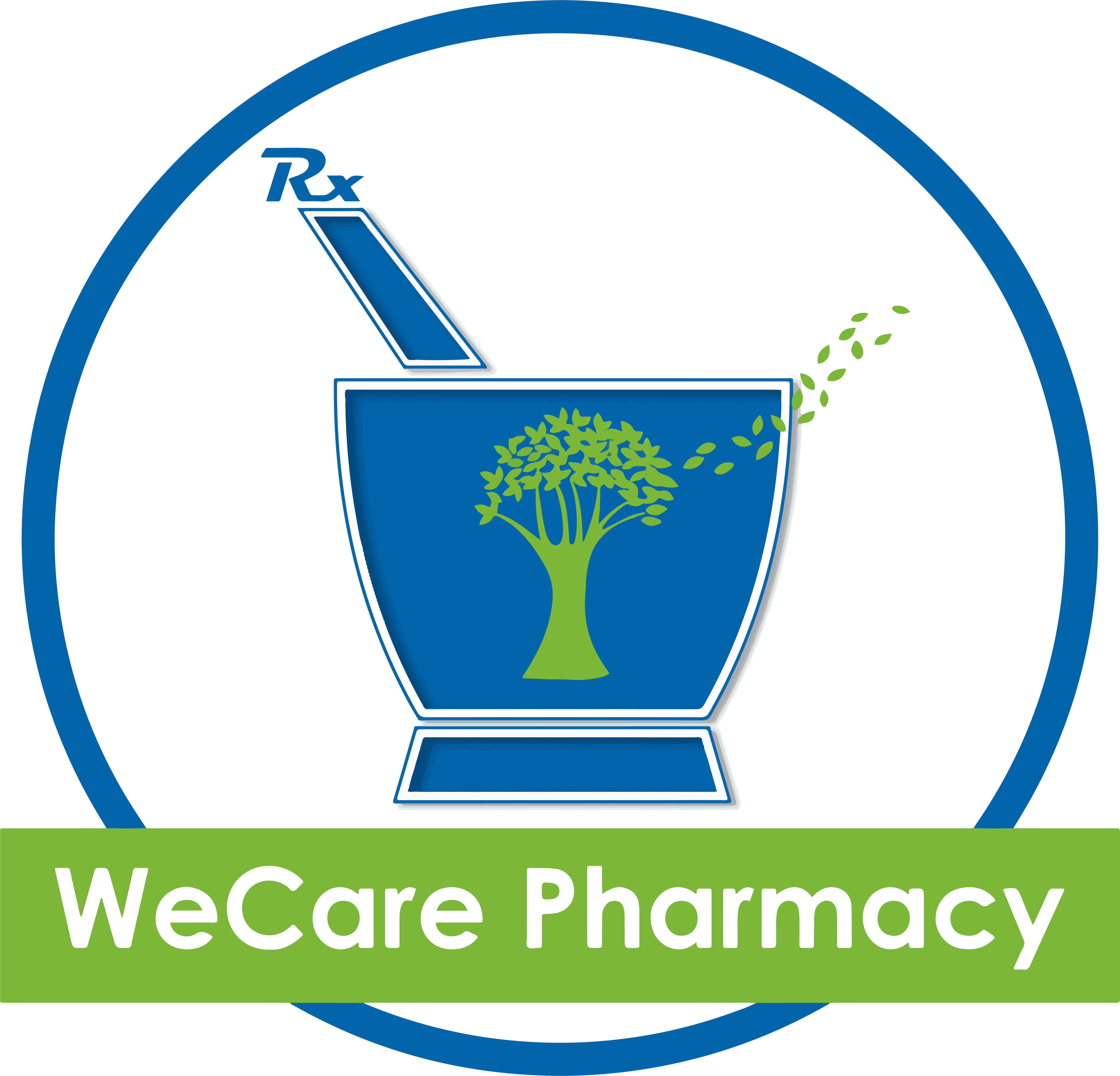Pain is one of the most common reasons people seek medical care, and managing chronic pain effectively can be life-changing. While opioids have traditionally been a cornerstone of pain management, they come with significant risks, including dependency and side effects.
Fortunately, there are alternatives. Non-opioid analgesics offer a safer, more effective way to address pain and can be an essential part of a comprehensive pain management strategy.
At WeCare Pharmacy, our focus is on personalized solutions, ranging from non-opioid medications to advanced therapies, which create pathways for safer and more effective pain relief.

What Are Non-Opioid Analgesics?
Chronic pain is a widespread issue, affecting nearly 25% of adults in the United States, making it more common than new cases of diabetes, depression, or high blood pressure. Non-opioid therapies are at least as effective as opioids for many common types of acute pain.
Non-opioid analgesics are medications designed to alleviate pain without the risks associated with opioids. They include options such as:
- NSAIDs (Nonsteroidal Anti-Inflammatory Drugs): Medications like ibuprofen and naproxen that reduce inflammation and pain.
- Acetaminophen: A widely used choice for managing mild to moderate pain and fever.
- Topical Analgesics: Creams, patches, and gels are applied directly to the site of pain for localized relief.
- Adjuvant Medications: Antidepressants or anticonvulsants targeting nerve-related discomfort.
Each of these options provides targeted pain relief while avoiding the systemic risks of opioid-based treatments.

How Non-Opioids Work: Mechanisms of Action
The effectiveness of non-opioid analgesics lies in their diverse mechanisms of action:
- NSAIDs: They work by blocking the enzymes that cause inflammation, thereby reducing swelling and pain.
- Acetaminophen: Acts on the central nervous system to lower pain perception.
- Topical Analgesics: Deliver relief directly to the affected area by numbing nerves or reducing inflammation.
- Adjuvant Medications: Modify nerve signaling pathways, relieving conditions like neuropathy or fibromyalgia.
Each mechanism allows for targeted relief while reducing systemic exposure, making non-opioid therapies an integral part of pain management strategies.
Non-opioid therapies offer numerous advantages, positioning them as critical components in a safer pain management plan:
- Non-opioids are not habit-forming, unlike their opioid counterparts, providing a sense of reassurance and security to patients.
- Fewer Systemic Side Effects: They typically cause less sedation and have fewer gastrointestinal complications.
- Localized Relief: Topical treatments target the source of pain directly, thereby reducing systemic exposure.
Complementary Role: Non-opioids work well alongside other therapies, such as physical rehabilitation or minimally invasive procedures.
Integrating Non-Opioids Into a Holistic Pain Management Strategy
Non-opioid therapies work best as part of a broader pain management strategy. For example, topical analgesics can complement physical therapy to address musculoskeletal pain, while adjuvant medications enhance outcomes for conditions like diabetic neuropathy. Nutritional support, including supplements designed to reduce inflammation, can further optimize these efforts.

Personalized Pain Solutions at WeCare Pharmacy
Pain is a profoundly individual experience, and solutions should reflect that. Non-opioid therapies play a key role, but the journey doesn’t stop there. Custom-compounded medications and localized treatments are tailored to address specific pain triggers, making patients feel understood and cared for.
For joint pain or inflammation, formulations targeting site-specific discomfort align with the approaches highlighted in our Pain Therapeutic Categories. These personalized strategies ensure that each patient receives relief tailored to their needs.
Your Pain, Your Choices
Managing pain doesn’t mean settling for one-size-fits-all solutions.
Non-opioid therapies offer a safer, more tailored path to relief, reducing risks while enhancing effectiveness. Whether it’s NSAIDs, topical treatments, or compounded formulations, the focus remains on empowering patients with choices that suit their conditions, putting them in control of their pain management.

